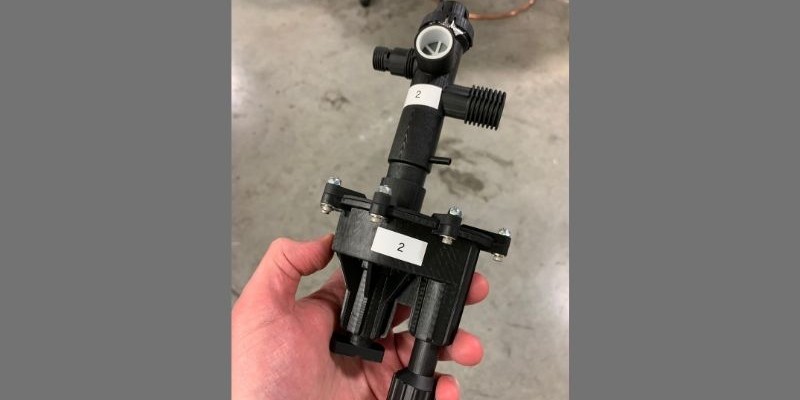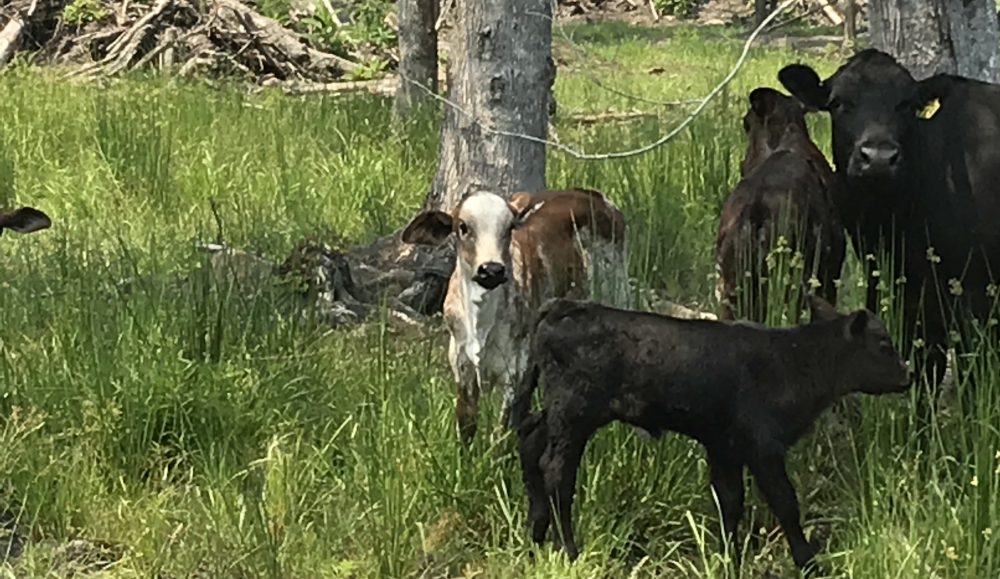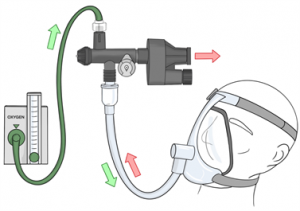
ACES News: https://aces.illinois.edu/news/pigs-push-forward-quick-solution-emergency-ventilators
URBANA, Ill. – When Matt Wheeler got the call on a Sunday morning in March – just two days after Gov. J.B. Pritzker issued his first stay-at-home order – he wasn’t expecting to launch an experiment that could save countless lives.
On the call, leaders from the Illinois RapidVent team explained they had built a prototype of an emergency ventilator to address a nationwide shortage amid the COVID-19 pandemic. Laboratory testing looked promising, but the University of Illinois team wanted to understand whether the device worked in animals. Wheeler, who has built and tested lifesaving medical devices in animals, was the obvious choice to join the team.
Within a week, Wheeler wrote a protocol; obtained approval from the Illinois Institutional Animal Care and Use Committee (IACUC); assembled his team, supplies, and animals; and had completed the first 24-hour tests of the ventilator. A few tweaks and a few days later, final testing was complete.
The RapidVent worked.
“If this device saves one person, we did our job. Hopefully it’ll save a whole lot more than that,” says Wheeler, professor in the Department of Animal Sciences at U of I and affiliate in the Department of Bioengineering, Department of Veterinary Clinical Medicine, Carl R. Woese Institute for Genomic Biology, Beckman Institute for Advanced Science and Technology, and the Carle Illinois College of Medicine.
Wheeler’s team tested the device in pigs, widely recognized as the non-primate mammals most physiologically similar to humans.
“Typically the size pig we use for this kind of work is somewhere in the 200- to 250-pound range. The lungs of those pigs are about the same size as a 150-pound human,” Wheeler says.
The team – in head-to-toe personal protective equipment – humanely sedated, intubated, and monitored the pigs as the RapidVent took over the job of breathing. The first test ran for three hours, just to make sure the setup worked. The next step was testing the device on multiple pigs for a full 24-hour period. Using data from these tests, the RapidVent team made a few critical adjustments to the prototype. A few days later, a final four-hour stint rounded out the testing.
The device is designed for short-term, emergency respiratory support in hospitals when regular ventilators are not available. First responders also can hook the device to an oxygen tank to breathe for rural patients during long treks to the nearest hospital.
The product’s need and impact show little sign of slowing down. More than 50 companies have now licensed the design for the Illinois RapidVent and are exploring manufacturing options. When the time comes, Wheeler’s team and his pigs stand ready to test a commercial product.
Wheeler points to the College of Agricultural, Consumer and Environmental Sciences’ (ACES) Imported Swine Research Lab (ISRL) for the experiment’s rapid-turnaround success.
“We could do this so fast because we were already set up with animals and a state-of-the-art biomedical unit managed by the animal sciences department in the College of ACES. Had we not had that facility there, there’s no way we could have done it as quickly as we did,” he says.
Pigs from the ISRL have helped test devices that have saved infants and rebuilt facial bones of injured soldiers, outcomes Wheeler is proud of. But his primary gig is agriculture. Broadly, he and his team work to improve production characteristics in swine and cattle using advanced tools such as gene editing, embryo transfer, and stem cell therapies.
Wheeler’s foundation in agriculture led him to leap with both feet into a project that could save human lives.
“I signed up in ag more than 40 years ago to feed people, to take care of people, and help people who needed help,” Wheeler says. “And so this is just another example of stepping up where we could help; we were ready when the call came in. That’s what we do in agriculture, and what we do in the College of ACES.”


